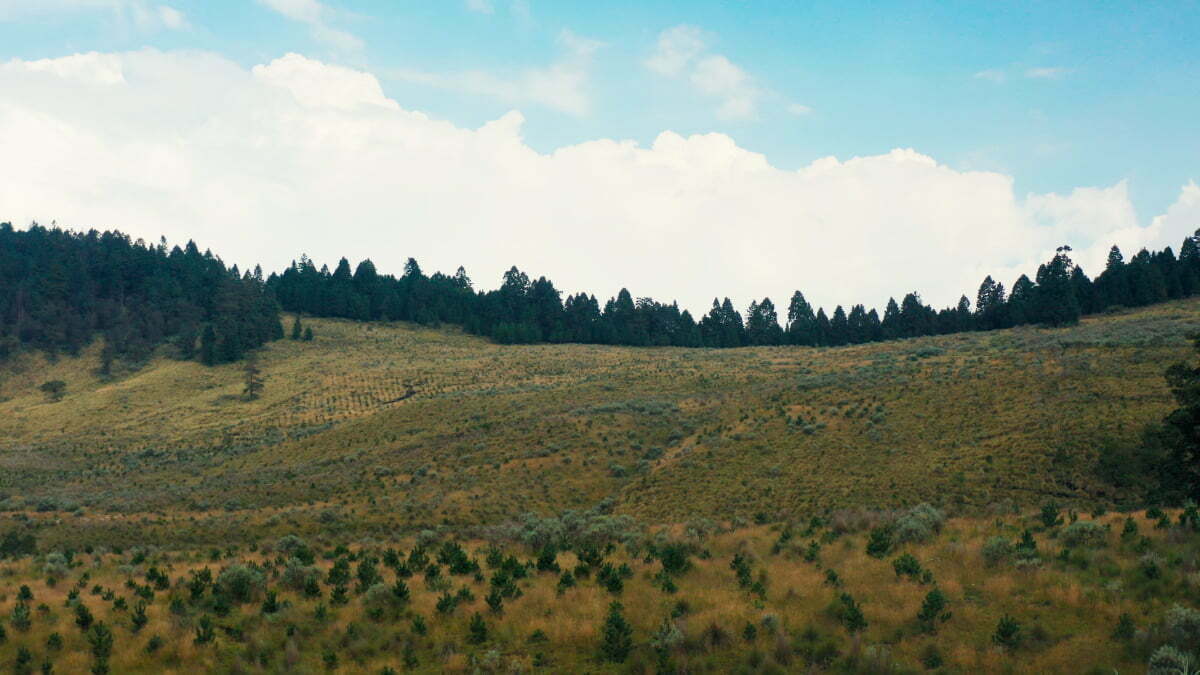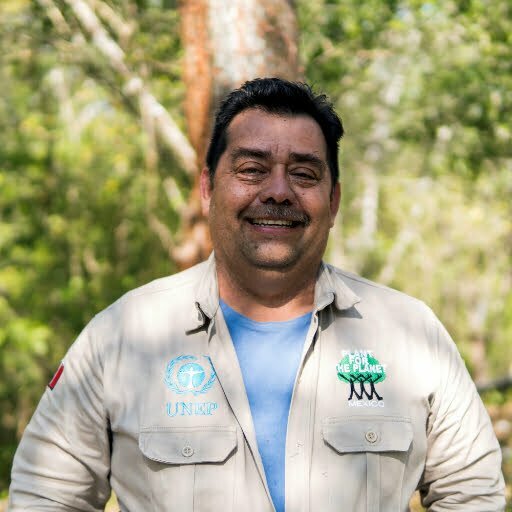
Volcano Valley Reforestation
Toluca, Mexico
Where the trees are planted
Planting 29 Native Species
- Abies religiosa (Oyamel)
- Pinus hartwegii (Pino)
- Pinus montezumae (Pino chamaite)
- Pinus pseudostrobus (Pino liso)
- Pinus ayacahuite (Pino de navidad)
- Pinus patula (Pino triste)
- Pinus greggii/Pinus oocarpa (Pino prieto)
- Pinus cembroides (Pino piñonero)
- Pinus leiophylla (Pino chimonque)
- Prosopis sp (Prosopis)
- Quercus sp (Encino)
- Swietenia humilis (Caobilla)
- Gmelina arborea (Melina)
- Mimosa guatemalensis (Espino herrero)
- Fraxinus uhdei (Fresno)
- Acacia baileyana (Acacia azul)
- Acacia melanoxylon (Acacia negra)
- Acacia retinoides (Acacia amarilla)
- Ligustrum japonicum (Trueno)
- Liquidambar styraciflua (Liquidámbar)
- Pyrus communis (Pera)
- Ficus carica (Higo)
- Prunus capuli (Capulín)
- Pronus domestica (Ciruelo)
- Pronus persica (Durazno)
- Agave salmiana (Agave)
- Agave atrovirens (Agave pulquero)
- Cupressus lusitanica (Cedro Blanco)
- Cupressus lindleyi (Ciprés)











